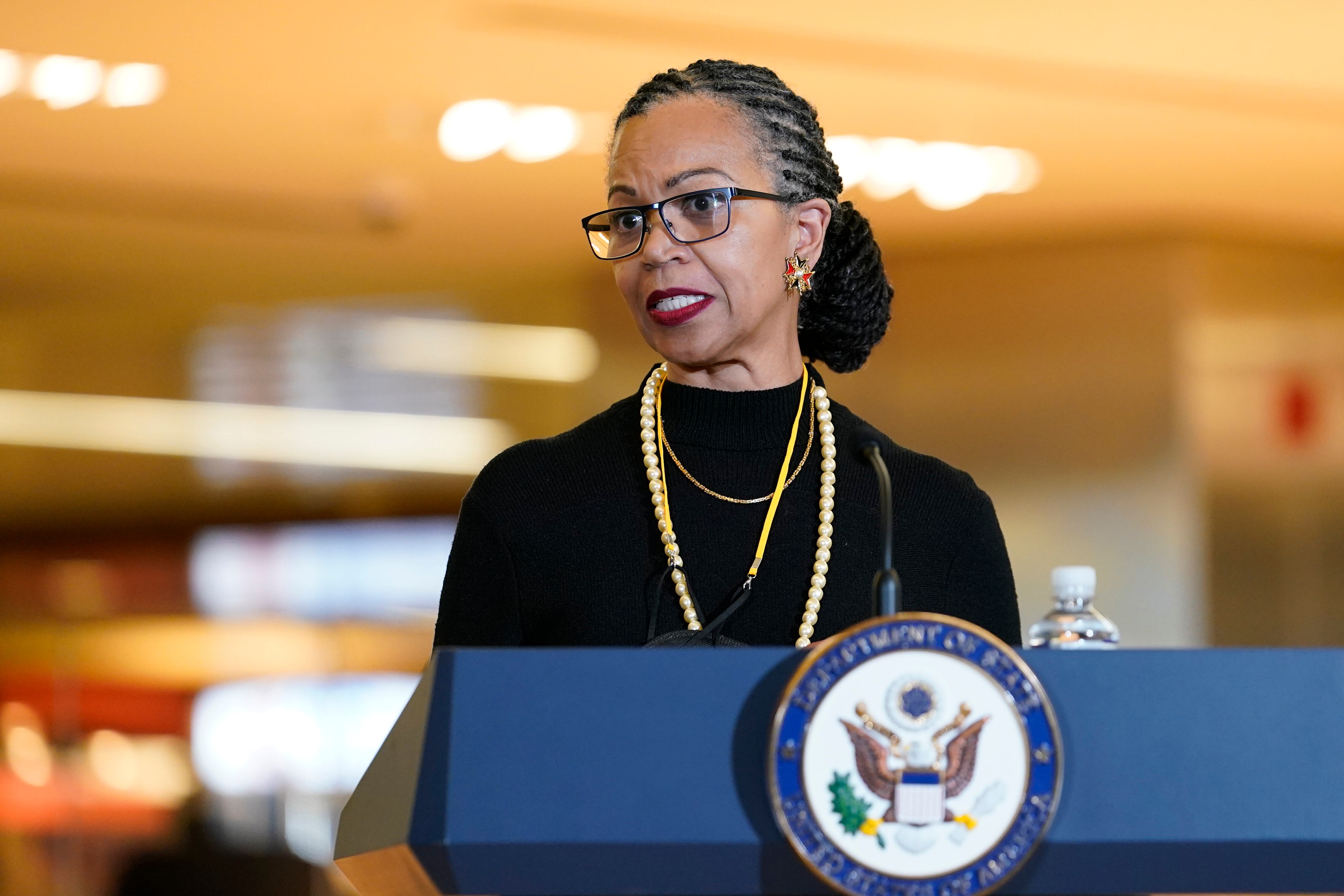This story was updated at 4 p.m. EDT.
All abortion assistance for troops would be banned, all transgender medical care ended, and all diversity and extremism training blocked under the defense appropriations plan unveiled by House Republicans on Wednesday.
The move came just one day after GOP leaders advanced similar legislation to block abortion and transgender care at Veterans Affairs facilities through their veterans programs budget bill. The Defense Department restrictions drew immediate condemnation from Democratic officials, who called the provisions “extremist” and “disturbing.”
RELATED

The budget bill — scheduled to be debated behind closed doors by the House Appropriations panel on Thursday and publicly later this month — calls for $826.5 billion in defense spending for fiscal 2024, at roughly the levels agreed upon by White House negotiators and House Republican leaders earlier this month.
It also includes a 5.2% pay raise for all troops next year and a pay boost of more than 30% for some junior enlisted troops, provisions that have been hailed by lawmakers on both sides of the political spectrum.
But the restrictions regarding abortion services and other controversial social issues put the future of the legislation in doubt. Congress must agree upon a new spending package for the Defense Department by Oct. 1 or trigger a partial government shutdown.
“This bill will discourage recruitment from America’s diversity, which is our strength,” Rep. Betty McCollum, D-Minn., the ranking member on the House Appropriations Committee’s defense panel, said in a statement. “Fundamentally, these outrageous policy riders are unnecessary for our national security and will undermine the readiness of our military.”
Typically the defense appropriations bill sticks largely to financial issues and equipment totals, while broader policy debates are reserved for the annual defense authorization bill. That measure is expected to be marked up by the House Armed Services Committee next week.
But Republican appropriators included a long list of policy restrictions and social issues in their first draft of the spending bill this year.
The military abortion debate which now threatens to derail the annual budget process has already snarled Defense Department nominations in the Senate. Since March, Sen. Tommy Tuberville, R-Ala., has blocked all senior military promotions and civilian confirmations over the abortion policy, calling it an illegal overreach of executive authority.
Last fall, in response to the growing number of states outlawing abortion procedures, defense leaders announced plans to provide leave time and travel stipends for troops and qualified family members traveling across state lines to receive abortion services
The new budget bill would block any money from being used for paid leave or travel costs.
It also “prohibits the use of funds to perform medical procedures that attempt to change an individual’s biological gender” and “prohibits the use of funds for events … that bring discredit upon the military, such as a drag queen story hour for children or the use of drag queens as military recruiters.”
The National Center for Transgender Equality estimates there are roughly 134,000 transgender veterans in America today, and another 15,000 transgender individuals serving in the armed forces. Conservative groups have disputed those estimates, saying they believe the figures are much lower.
President Joe Biden in 2021 reversed previous prohibitions on transgender recruits enlisting in the military and serving openly. The Defense Department spends about $8 million a year on transgender hormone therapy, surgeries and related care, according to past estimates.
The budget bill also includes explicit prohibitions on:
♦ Any efforts to advance “critical race theory”;
♦ Any implementation of White House executive orders on diversity, equity and inclusion;
♦ Any money for the military’s deputy inspector general for diversity, inclusion and extremism;
♦ Any punishment for individuals who oppose same-sex marriages.
In a statement, House Republican appropriations officials said bill provisions will “support servicemembers and their families” while also providing funds needed to counter worldwide threats, including China.
Senate appropriators have not yet offered their Defense Department funding plans for fiscal 2024.
Leo covers Congress, Veterans Affairs and the White House for Military Times. He has covered Washington, D.C. since 2004, focusing on military personnel and veterans policies. His work has earned numerous honors, including a 2009 Polk award, a 2010 National Headliner Award, the IAVA Leadership in Journalism award and the VFW News Media award.





